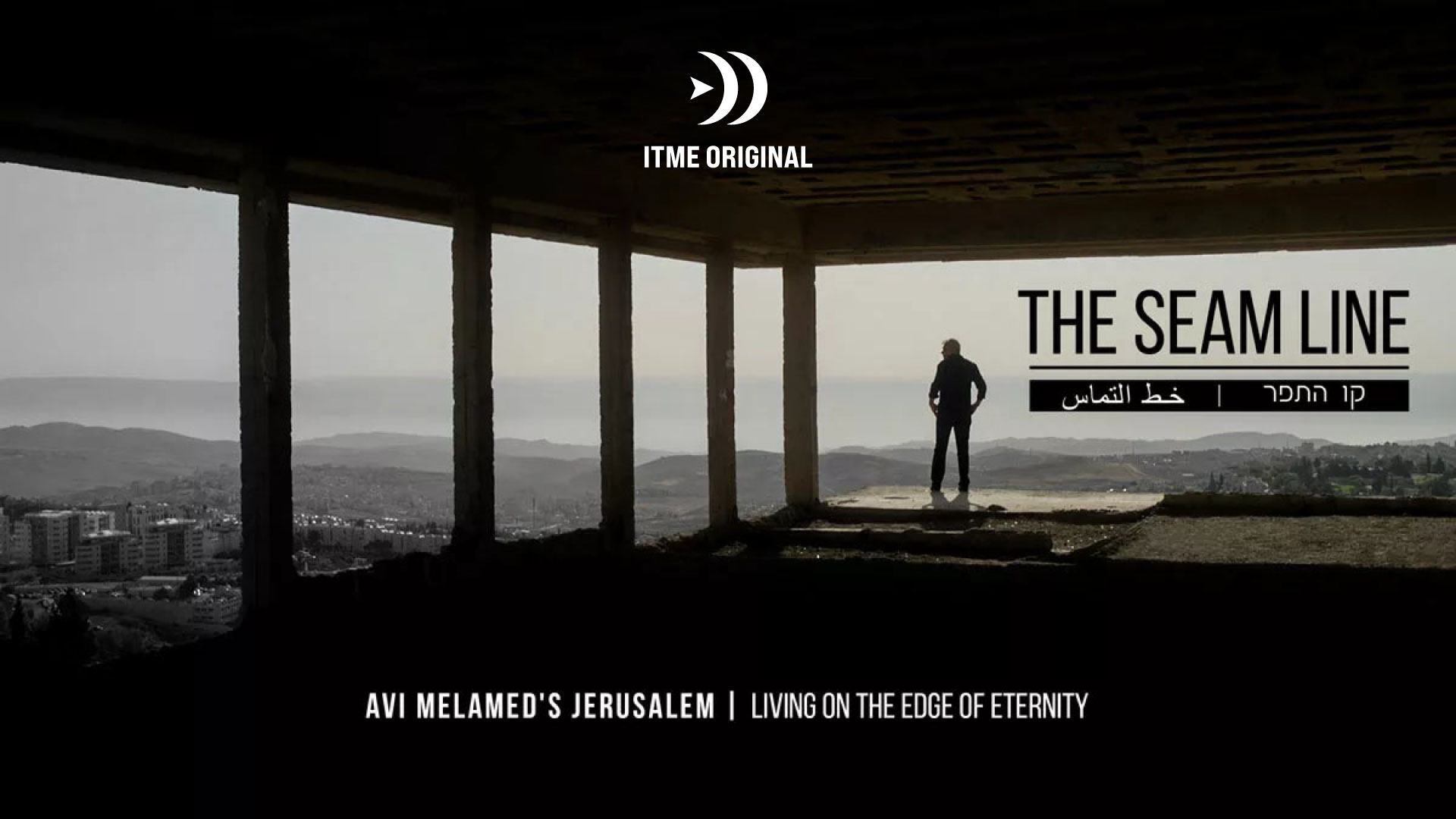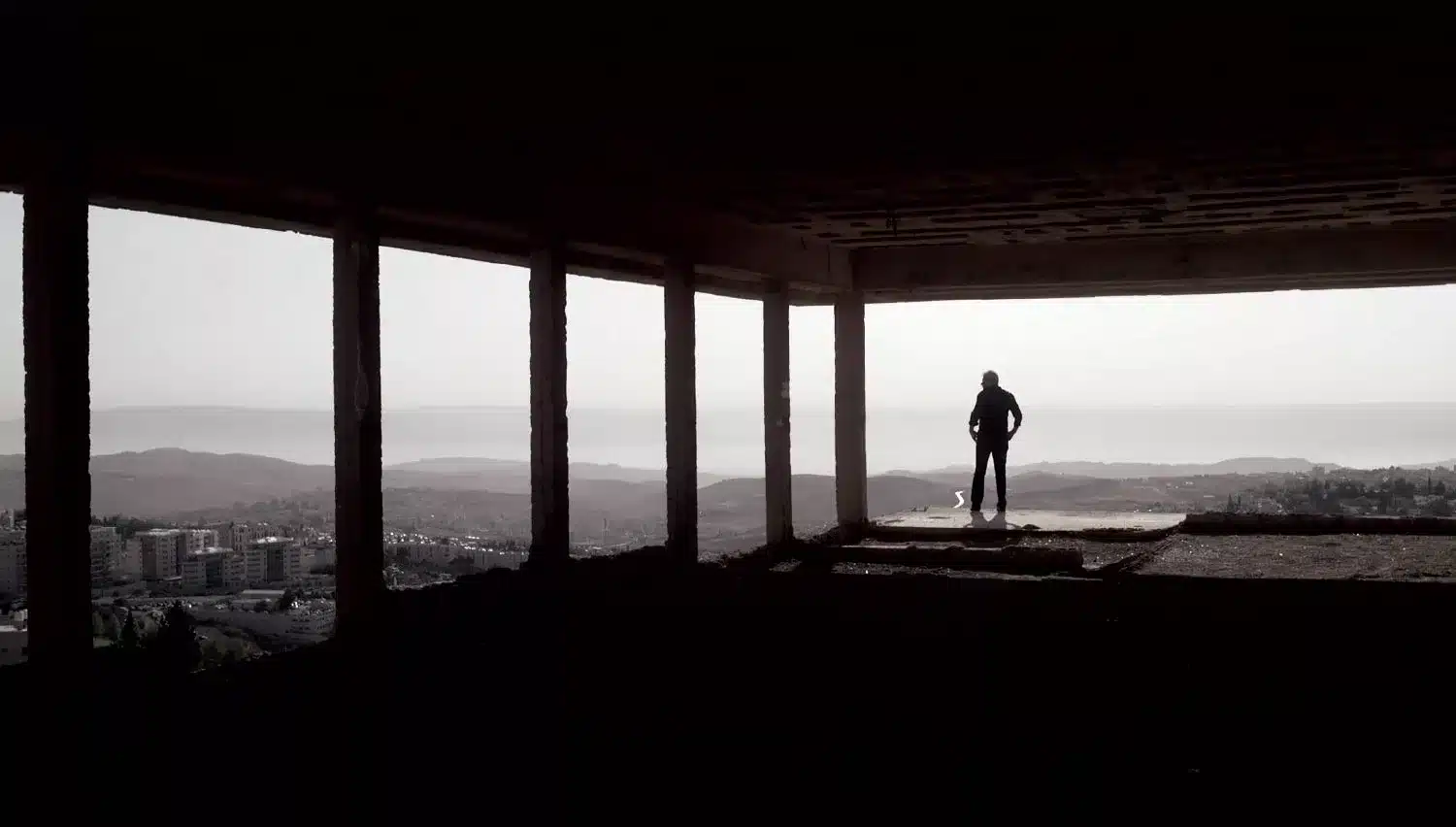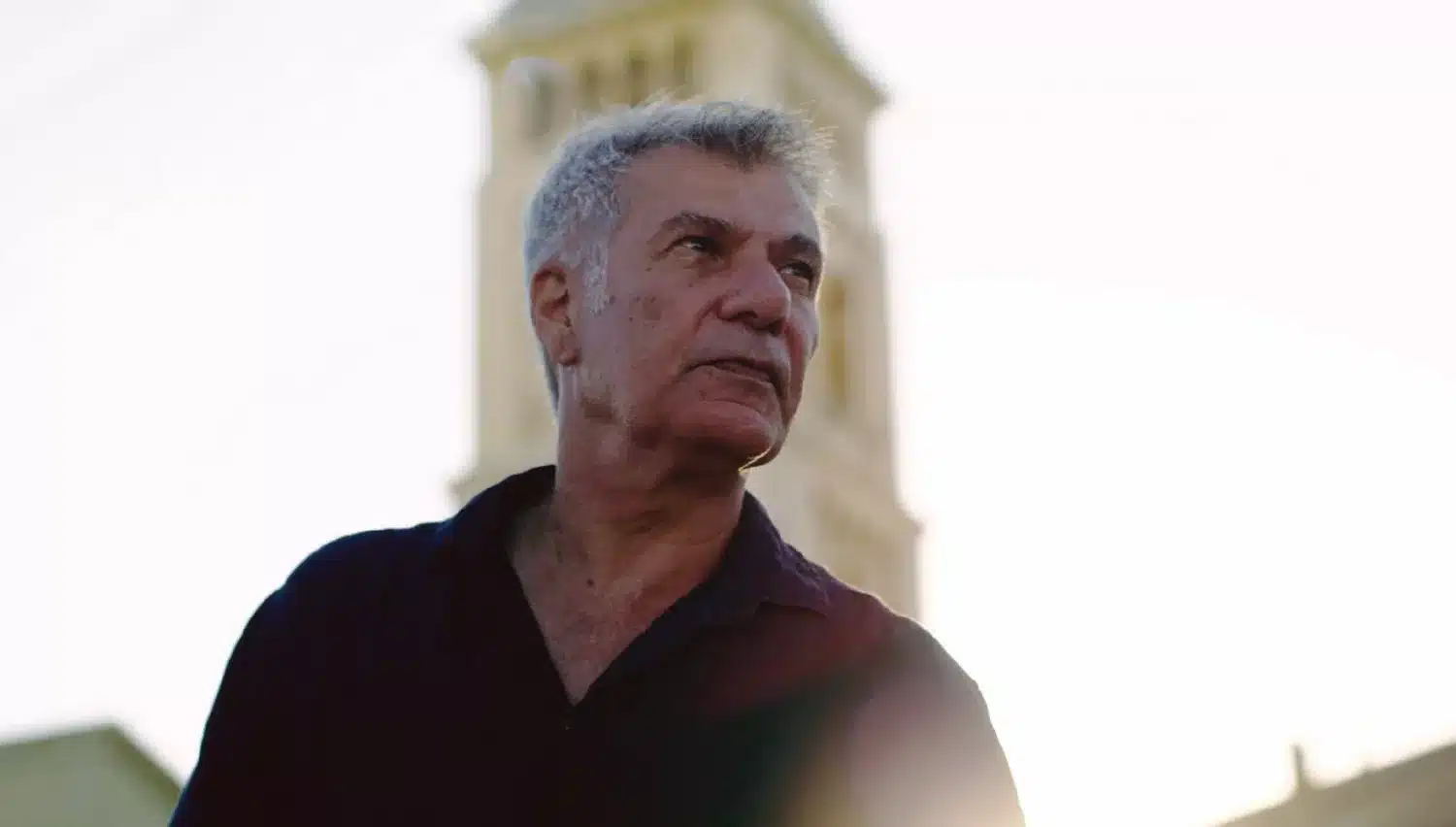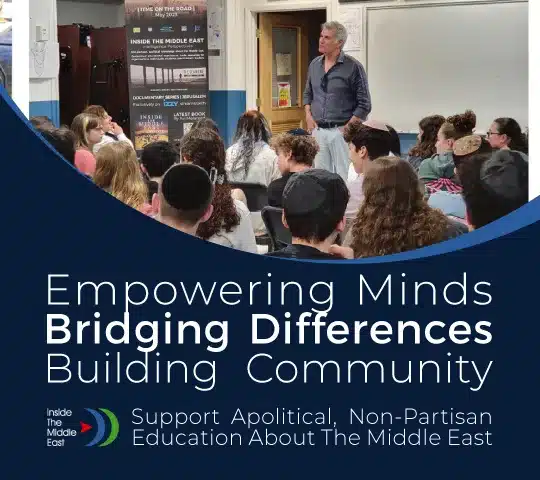His task? To enter Arab and Jewish communities and neighborhoods to contain the violence and improve the lives of all of the city’s residents. As a fourth-generation Jerusalemite Jew, but fluent Arab speaker, Avi embraced this extraordinary – and dangerous – challenge to offer hope in times of despair to a city that he is a part of – and that is a part of him. Working with the city’s residents to build bridges of understanding and cooperation, cultivate local leadership, and reduce the flames of friction and conflict, his innovate solutions were often unprecedented and groundbreaking.
Drawing on this unique background, The Seam Line is a five-part documentary journey with Avi, from the Old City to Arab and Jewish neighborhoods throughout Jerusalem that were – and are – at the heart of the city’s conflicts. Going behind the scenes to see and feel the complex and challenging geopolitical fabric of the city, The Seam Line provides a rare opportunity to explore Jerusalem through the eyes of someone who walked the line between Arab and Jewish communities during one of the most explosive periods of its history. Avi’s conversations with both Jewish and Arab residents reach beyond the physical borders and particular challenges facing this ancient city to embrace perspectives on Jerusalem, Israel, and the Middle East seldom, if ever, addressed by the Western media or in Western discourse.
The Seamline does not attempt to tell you what to think about Jerusalem – or about the Middle East generally. Instead, drawing on the two pillars that underpin Avi’s broader educational effort – Inside the Middle East – the series encourages the viewer, first, to see the city’s conflicts in the context of the broader cross-currents of the Middle East (or as Avi puts it: “To understand Israel, you must understand the neighborhood”) and, secondly, to adopt, foster and promote critical thinking based on local perspectives and realities. In short, to view Jerusalem from within; to see the city from the points of view of its inhabitants, free of the perspectives and preoccupations of outside observers. Approaching its subject from this apolitical, non-partisan perspective, we hope The Seam Line helps to open the door to a more productive dialogue about the Israeli-Palestine conflict and the broader reality of the Middle East.








